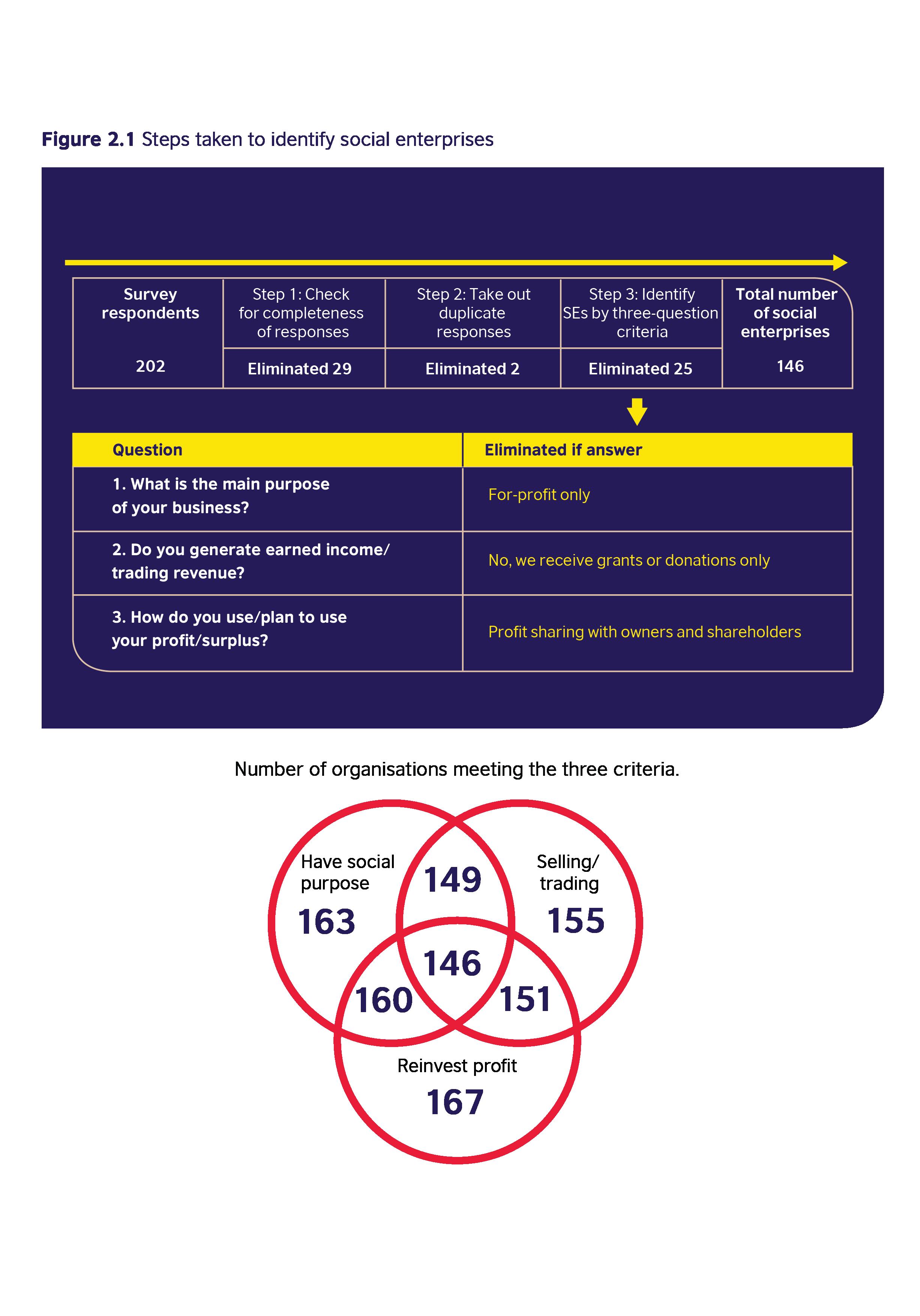Foreword The story of social enterprise in Thailand, increasingly promoted by the government, dates back to as long as a hundred years ago. The very first organisations that could be considered social enterprises were co-operatives, self-established by low-income agricultural communities in rural areas. These co-operatives have their beneficiaries as shareholders, tackling the problem of rural poverty through their mission and ensuring access to finance, agricultural inputs and markets. Early entrepreneur-led social enterprises date back to the 1970s. These were social projects or organisations that later took on business activities to ensure their financial sustainability, helping them fulfil their social objectives. Today we see many more types of social enterprises enter the scene. As understanding of the concept has spread, many young entrepreneurs have set up social enterprises in the past decade. More NGOs have been moved towards the social enterprise model, as well as corporates spinning off their Corporate Social Responsibility (CSR) programmes to establish separate social enterprise entities. The government of Thailand acknowledges the great efforts of these community based social entrepreneurs. The growth of existing social enterprises and encouraging new entrants contribute to the alleviation and ultimate elimination of social problems in the country. As such, the Social Enterprise Promotion Act was finally enacted in May 2019 under my service as the National Social Enterprise Promotion Committee Chairman. As a result of these decade-long efforts, the establishment of governmental bodies and legislation formalises this support. With the newly established Office of Social Enterprise Promotion, the official certification of social enterprises along with promotional measures have been introduced. These include tax benefits for social enterprises and supporters, and deregulation of investments through public offerings. The Office will also launch other measures, including preferential procurement terms, the Social Enterprise Promotion Fund and many more initiatives in the near future.
This report comes in a timely manner to complement our efforts in formulating related policies and promotional measures. It will also be useful for other players in the ecosystem to help them make informed decisions on their support, while providing a better understanding of social enterprise for the Thai public, bringing greater support to the sector. There is still a lot that needs to be done. Social enterprises in Thailand still face challenges such as achieving greater competitiveness, access to finance and markets. Filling these gaps needs a holistic effort from every sector – the government, corporates, investors, ecosystem builders, academics and the public. The growth of social entrepreneurship will certainly contribute to economic growth while also ensuring social inclusivity for our nation.
Mr Jurin Laksanawisit
Deputy Prime Minister and Commerce Minister
Chairman of the National Social Enterprise Promotion Committee







